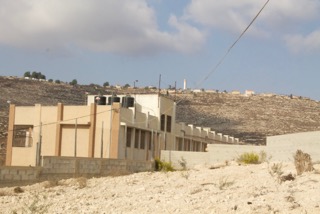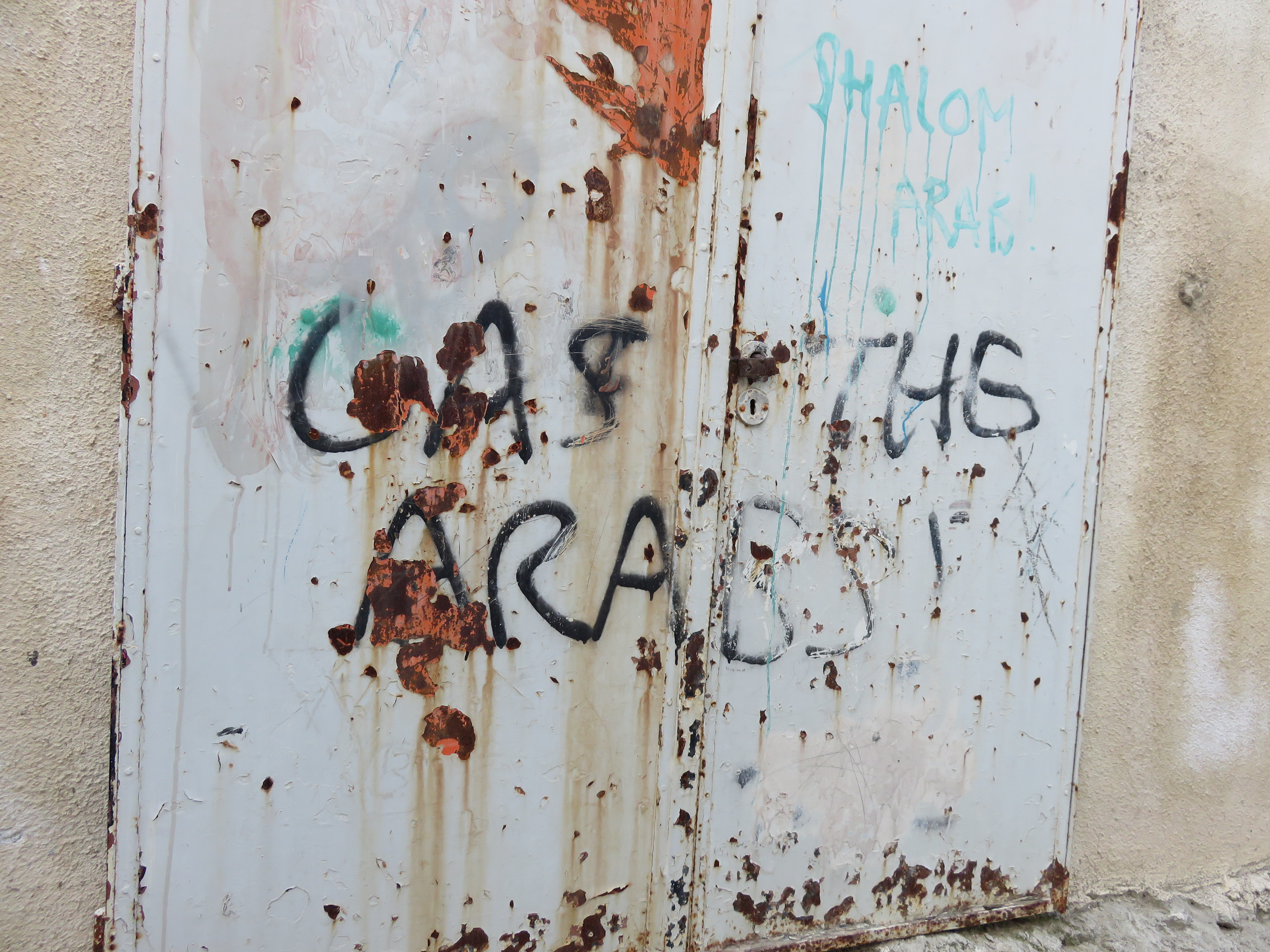Category: Journals
-
I’m sorry we never knew each other
29th October 2016 | International Solidarity Movement | Hebron, occupied Palestine This is a the personal thoughts of an ISMer, remembering the execution of Hummam Adnan al-Saeed and Islam Rafiq Hammad Ibeido, on 27th and 28th October 2015. Israeli forces gunned down the two Palestinian men right in front of the ISM-apartment. The only thing…
-
Settlers attack boy’s school, Israeli army traps students
26th October 2016 | ISM & IWPS | Urif, occupied Palestine Last Tuesday both the IWPS team and ISM team were harvesting olives in separate areas when we received a phone call telling us that there had been trouble with settlers from the illegal settlement Yitzhar and Israeli occupation forces near the high school for…
-
Remembering Hummam, Remembering Islam: Reflections on genocide, one year on.
27th October 2016 | International Solidarity Movement, al-Khalil team | Hebron, occupied Palestine Acts of injustice done between the setting and the rising sun In history lie like bones, each one. – W. H. Auden, from “The Ascent of F6″ Today marks one year since the murder of a young man outside the ISM…


